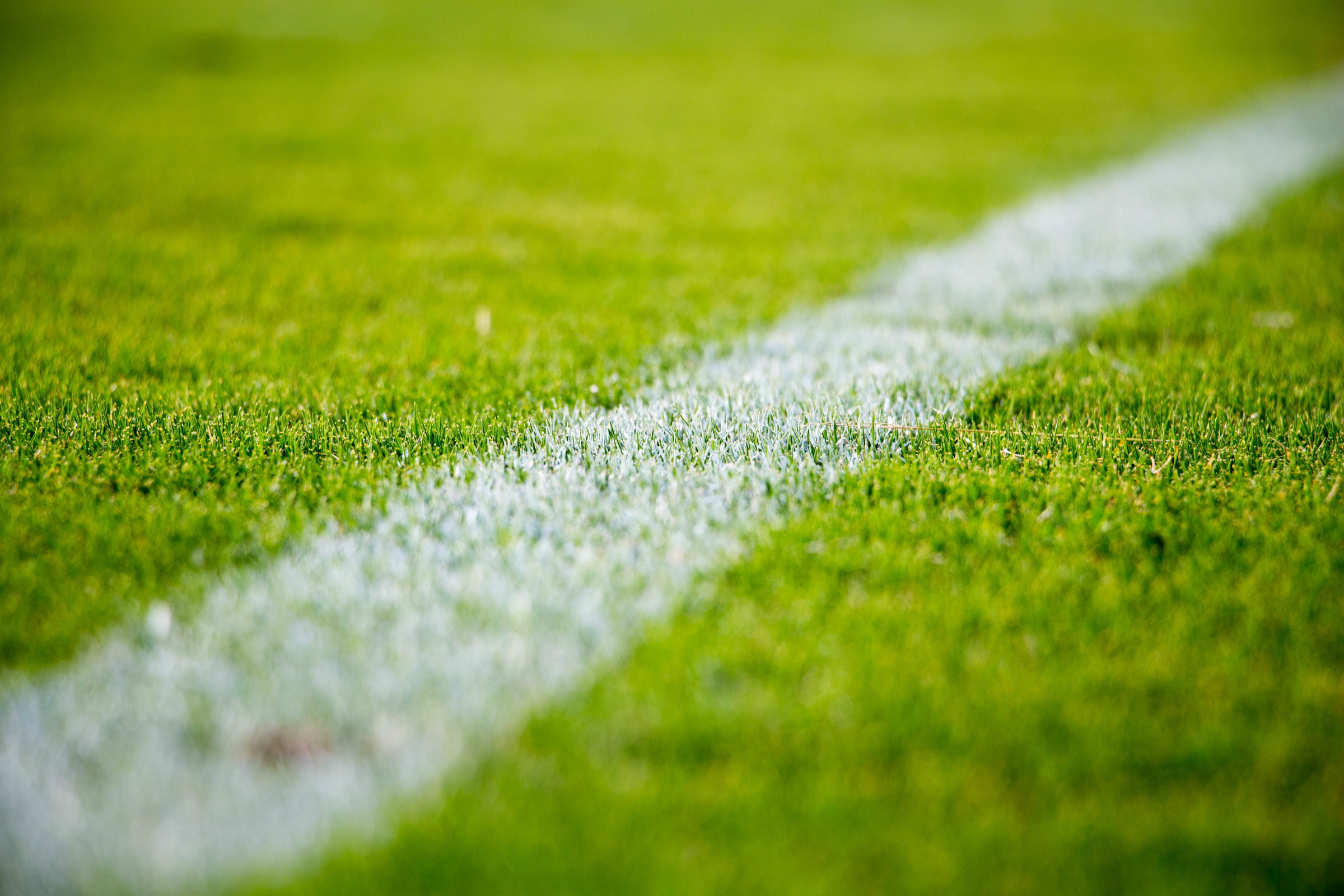
Counselor Roundtable: What keeps Minnesotans from Seeking Treatment
We asked some of Minnesota’s certified problem gambling counselors for their thoughts on the barriers for Minnesotans receiving problem gambling treatment. Here is what they said:
Cheryl Minx, Director, Freedom Center, Inc.
I think people may not realize help is free to those who need it. Many people think if they’re broke and in trouble financially that there is no way to pay for help. I also think that the helplines are not very visible so that people don’t know how to find help.
Christina Pristash, MS, LMFT
There can be many contributing factors that interfere with a person reaching out for help or accessing treatment for problem gambling. I know that personal fears get in the way as well as individuals/families not knowing what resources are available and/or what makes a person qualify for help. We are fortunate to have an inpatient option in our state as well as outpatient treatment options, but many people aren’t aware of these resources or the differences between the two. Continued education and information sharing will continue to create fewer barriers for people, but choosing change is still always going to be hard.
Dawn Cronin, LSW NCGC Gamblers Choice, Lutheran Social Services of ND
I think a significant barrier is the nonpayment to phone counseling providers. While most providers recognize phone sessions are not the preferred method for counseling, they are necessary at times. I believe the many rural areas of Minnesota and the frequent poor winter driving conditions are putting severe limitations and interruptions in treatment participation for clients. I have three clients over the age of 62 traveling over 50 miles one way for treatment who have had to interrupt treatment because of travel conditions. We also have limited numbers of Gamblers Anonymous meetings in these rural areas so we are unable to encourage participation at these meetings for the same reasons.
Craig Johnson, LADC, Club Recovery
One of the greatest barriers is the lack of understanding by insurance companies, or just plain recognition, that gambling disorder is the exact same as any other psychological disorder as described in the DSM 5. I also think that clients are often told that gambling disorder is not covered and so they stop right there.
I have heard that a large hospital program discourages clients who do not have private pay insurance from seeking services because the reimbursement rate from the state gambling fund is significantly lower than what a given provider might pay.
There is a distinct lack of providers in outstate Minnesota, where access to treatment can be a challenge. We need to push telehealth as a way to reach individuals who either don’t have the means or the access to a provider near their home. I think that prevention programs need to include education on gambling disorder.
Programs aimed at young adults mention the opioid crisis, the vaping crisis, legalizing marijuana and so on, but often do not even mention gambling.
Lisa Vig, LAC, NCGC, Gamblers Choice
I’m concerned about those who live in rural Minnesota who may not have access to a trained counselor, access to a GA meeting and may not have reliable transportation or funds to travel the necessary distance to receive treatment and support. We need to explore other options to reach these individuals, such as phone counseling, telehealth treatment and/or online resources. The challenge to find appropriate, reputable financial management services for this population in conjunction with treatment is also a concern.
Paul Mladnick, LADC, NCGC, LMFT, Bridges and Pathways Counseling Services
One barrier that I see is a lack of awareness of gambling treatment services and that financial help is available for Minnesota residents, so I think we need to do more to advertise gambling treatment resources.
Also, there is still much ignorance over problem gambling and many people still think this is more of a moral problem or a lack of common sense. An educational campaign to alert people that this, too, is an addiction that can happen to anyone would be helpful.
Do you have a thought on barriers to treatment that you’d like to share? If so, please send your comment to sstucker@mnapg.org.

